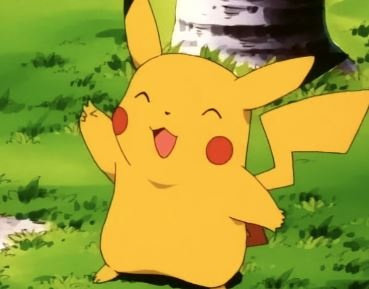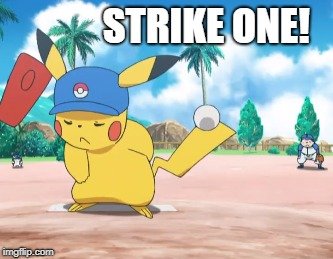It probably depends a lot on the age of the kid.
At the primary school level, maybe it would be simpler and easier to stick to gender norms.
But I'm not even sure of that.
Kids have developmental phases. Between 7 and 9 most have a very black & white view of binary norms, and have difficulty in understanding variance as normal. This is made much worse by the cultural stereotypes that surround us all.
However, that could be changed by including diversity in stories - though at a rate of 1-2% so that it is proportionate to the actual rate of gender differences in the wider population.
I think there could be a third option.
The kid talks to the school counsellor about their prefered gender identity.
The counsellor has a tactful conversation with the parents to discover how open or closed they are on gender issues.
If they are open, the counsellor can encourage the parents to have a discussion with their kid about how he/she identifies. From then on, it would make the kid far happier to feel accepted just as they/she/he is.
Generally I prefer facing all truths and dealing with them openly.
I think the more we do so, the better we become at understanding and accepting one another's differences.
But if the parents are old fashioned in their ideas about gender and/or orientation, then perhaps the counsellor should postpone telling the parents about whatever the kid has confided - and should speak with the head and the rest of the staff. That kid is going to need protection from bullying and a lot of support.
The problem is, it is exceptionally difficult to keep things quiet in a school environment. Kids go to each other's birthday parties. Parents witness how their child and it's friends behave and talk.
One way or another, if all the kids are encouraged to use a non-cisgender pronoun, that will eventually be overheard, gossiped about, and it will get back to the parents.
So even the most conservative and religious parents are going to need counselling about their child's special needs - no different than if they had ADHD, autism spectrum, dyslexia or some other form of genetic difference.




































